In response to the growing trend of electric vehicles, relevant agencies are actively coordinating to standardize and expand the charging station system.
Vietnam welcomes many electric vehicles, aiming for carbon neutrality by 2050.
A comprehensive charging station infrastructure with fast, reliable, and convenient charging technology will make electric vehicle use easier, promote environmentally friendly transportation, and reduce reliance on fossil fuels.
In Vietnam, several companies are currently manufacturing and assembling electric vehicles, such as Vinfast with battery electric vehicles (BEVs), Hyundai Thanh Cong with battery electric vehicles (BEVs) and hybrid vehicles (HEVs), and Thaco with hybrid vehicles (HEVs) and plug-in hybrid vehicles (PHEVs).
In the latter part of this year, automakers are continuing to launch more all-electric vehicles in the domestic market. A prime example is BYD, a leading brand in electric vehicle technology in China.
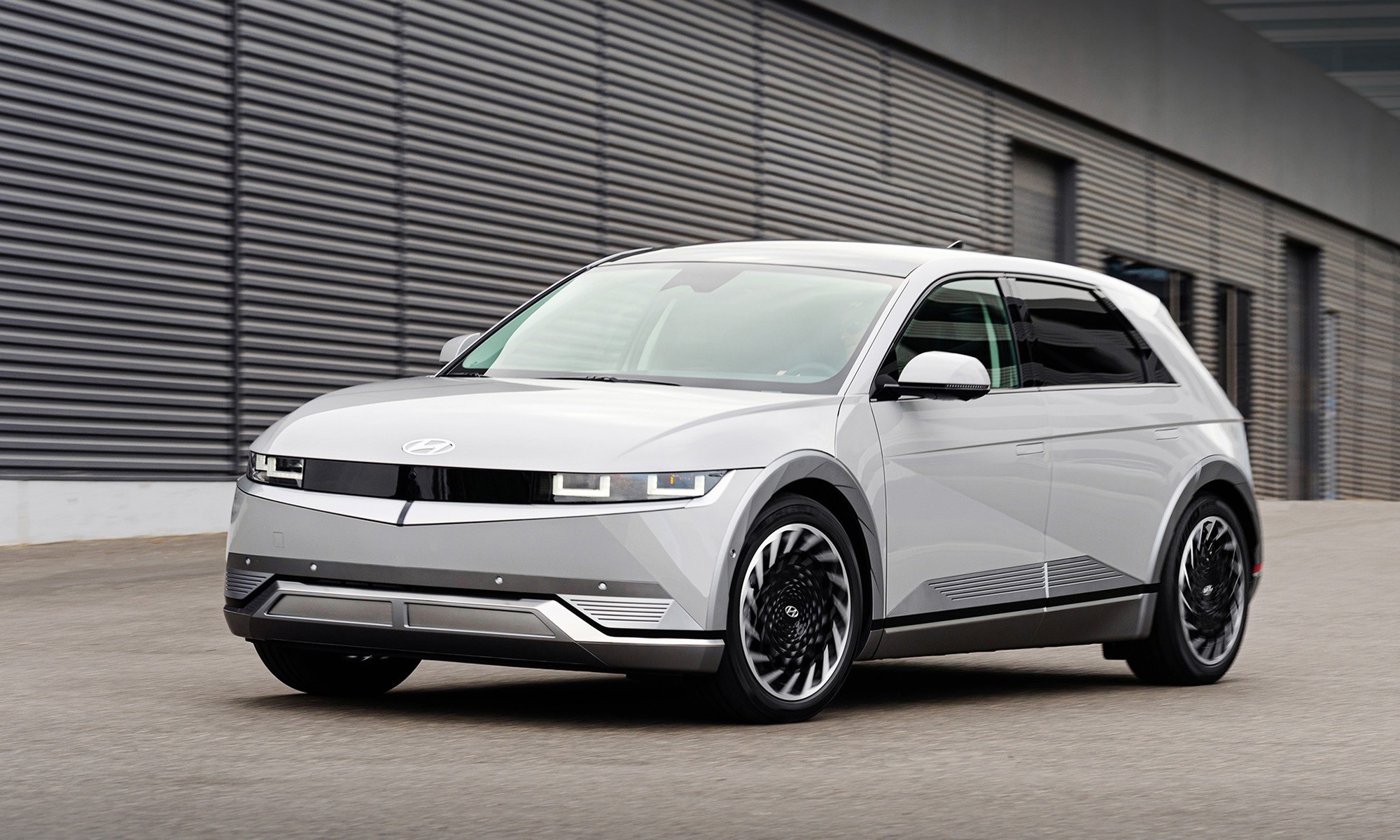 |
| More and more businesses are entering the electric vehicle market in Vietnam. Photo: Hyundai |
With the rapid development of electric vehicles in recent years, many businesses have expressed interest in the market for supplying equipment and services for electric vehicles, especially electric vehicle charging stations in Vietnam.
However, in reality, there are many challenges to developing charging stations in Vietnam. One of the most prominent difficulties is the high initial investment cost.
Establishing a charging station network requires significant initial investment, including infrastructure construction costs, equipment procurement, and maintenance. At the same time, the demand for electric vehicles in Vietnam is not yet large enough to guarantee sustainable revenue from charging stations. Large corporations may still be hesitant to invest heavily until the time is "ripe."
Currently, apart from VinFast , a pioneering electric vehicle manufacturer that has invested hundreds of millions of USD in charging station systems, other car manufacturers are still waiting for third-party investment, even though they have already launched electric vehicles on the market.
According to a representative from iCharge Electric Vehicle Charging Solutions Joint Stock Company, the biggest challenge in investing in charging stations is the very high cost. Currently, the basic investment for a 60-80kW station is over 700 million VND, and for a 120kW station it is 1.2 billion VND. In addition to these fixed costs, there are other unestimated expenses including electricity infrastructure connection, construction permits, land rental fees, etc.
In addition, there are many shortcomings and obstacles that prevent businesses from investing heavily in charging stations. For example, Ho Chi Minh City is one of the largest electric vehicle consumption centers in the country, but investment in charging stations there is currently facing many difficulties.
Specifically, investors in electric vehicle charging stations in Ho Chi Minh City stated that when registering a business location for an electric vehicle charging station in a public place, they must receive a response from the Business Registration Department of the Department of Planning and Investment, and then wait for responses from other departments and local authorities at the location of the charging station. Businesses don't know how long they will have to wait, making them very passive in implementing the project, while the land lessor is constantly pressuring them.
Furthermore, the power grid is not yet designed to meet the simultaneous charging needs of multiple electric vehicles, especially in densely populated areas. There are also no incentive policies to encourage investment in charging station infrastructure. Calculations show that if commercial electricity rates are applied to charging stations, investing businesses would likely make no profit, or even incur losses.
How do we untangle this knot?
According to a report by the Vietnam Automobile Manufacturers Association (VAMA), the number of electric vehicles in Vietnam will reach approximately 1 million by 2030 and 3.5 million by 2040.
With the International Energy Agency (IEA) recommending 10 electric vehicles per charging station, it is estimated that Vietnam will need between 100,000 and 350,000 charging stations in the next 15 years. Currently, the largest number of electric vehicle charging stations nationwide are invested in by VinFast, with a total of over 3,000 stations and 150,000 charging ports, but these are not shared with other car manufacturers.
Commenting on the importance of charging station systems, Ms. Nguyen Thi Phuong Hien, Deputy Director of the Institute for Transport Strategy and Development, stated that a successful transition to electric vehicles requires a robust charging station infrastructure. Therefore, relevant authorities should prioritize supporting the construction of charging stations first.
Regarding this issue, Dr. Ha Dang Son, Director of the Center for Energy and Green Growth Research, believes that the current infrastructure cannot meet the needs of electric vehicles. Developing electric transportation too quickly while the supply capacity and electricity infrastructure are insufficient will create significant technical obstacles.
"To attract people to buy electric vehicles, it is necessary to ensure a complete ecosystem and convenient infrastructure. In reality, however, the network of charging stations for routes from one city to another, or from one province to another, is still limited," Mr. Son said.
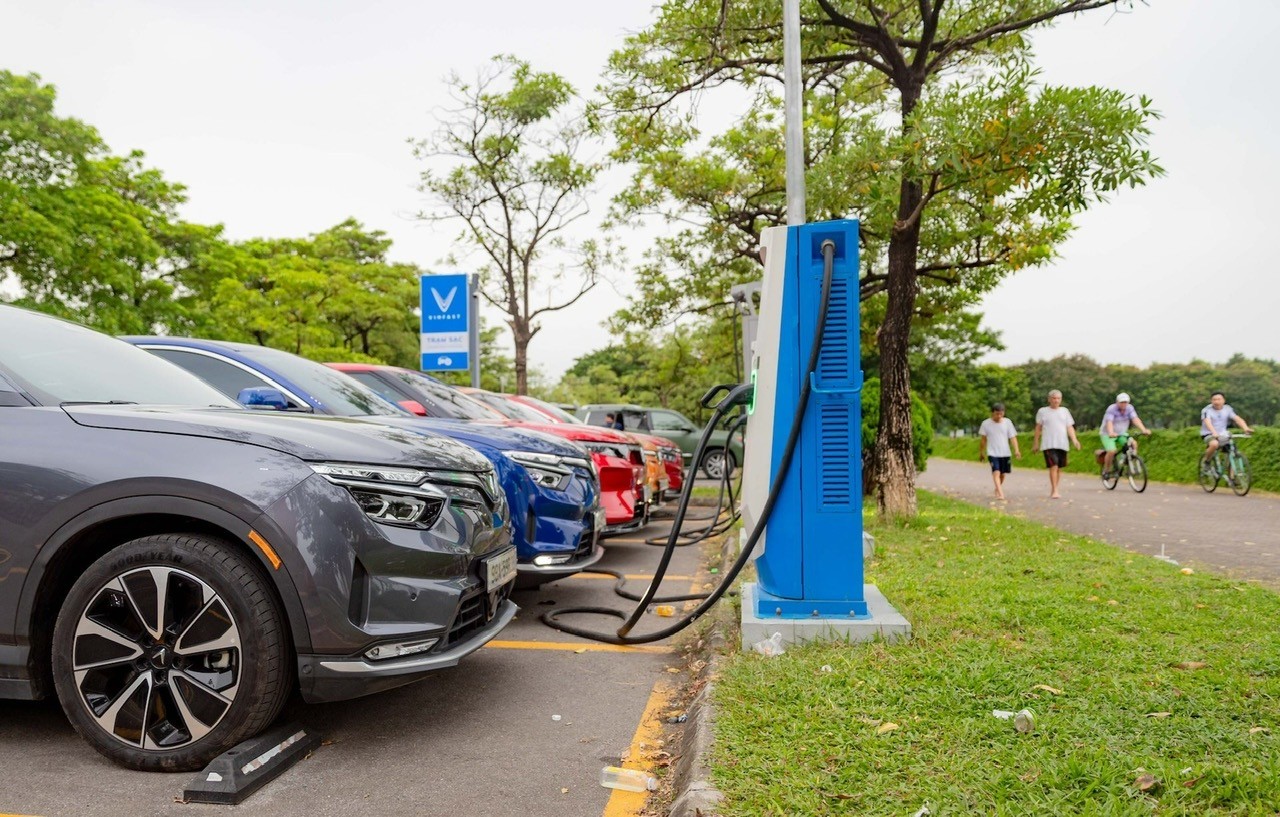 |
| The Vietnamese government aims to standardize and expand the electric vehicle charging station system. Photo: VinFast |
In addition, many experts believe that Vietnam needs policies to support electric vehicle charging station investors in terms of land, planning, taxes, fees, and a mechanism for calculating electricity prices based on the principle of directly supporting electric vehicle users.
Regarding the positive aspects of developing electric vehicle charging stations, Mr. Nguyen Van Thanh, General Director of GSM Company, stated: "Developing charging stations is one of the issues that we are encouraged to address by regulatory agencies. Secondly, we are also cooperating with major gas stations to install charging stations. We will have more and more charging stations in the future. Manufacturers will have to calculate based on vehicle production to determine how many charging stations are sufficient."
At the same time, some organizations believe that widespread charging station coverage contributes to building user confidence in switching to electric vehicles. A representative from the Én Vàng taxi company also stated that widespread charging station infrastructure will contribute to building confidence for both businesses and consumers in switching to electric vehicles, as this affects business efficiency and payback period.
Therefore, in the most recent working session on the issue of electric vehicle charging stations, the Ministry of Industry and Trade informed that it will coordinate with the Ministry of Science and Technology to jointly agree on responsibilities with relevant units such as the Ministry of Transport, the Ministry of Construction, and local authorities in the synchronized planning of the charging station system.
At the same time, the Ministry of Industry and Trade will urgently research and adjust the National Power Development Plan for the period up to 2050. This is because if the trend of using electric vehicles increases significantly, electricity consumption will be very high. Meanwhile, the new plan only considers electricity consumption for production and consumption, but the use of electric vehicles has not been addressed.
To date, the Ministry of Industry and Trade, the Ministry of Science and Technology, and other relevant agencies are urgently implementing the planning of power supply sources and the establishment of national technical standards and regulations for charging stations in Vietnam. These are positive signs for the development of the electrified vehicle market in Vietnam, aiming to reduce vehicle emissions and achieve carbon neutrality in accordance with the government's international commitments.
Source: https://congthuong.vn/o-to-dien-o-at-ra-mat-go-nut-that-quy-hoach-tram-sac-tai-viet-nam-ra-sao-356943.html


![[Photo] Prime Minister Pham Minh Chinh holds a phone call with the CEO of Russia's Rosatom Corporation.](/_next/image?url=https%3A%2F%2Fvphoto.vietnam.vn%2Fthumb%2F1200x675%2Fvietnam%2Fresource%2FIMAGE%2F2025%2F12%2F11%2F1765464552365_dsc-5295-jpg.webp&w=3840&q=75)





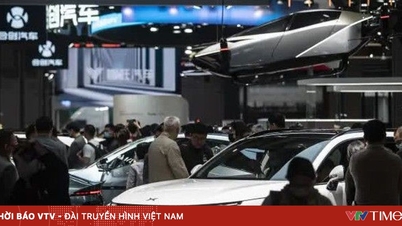

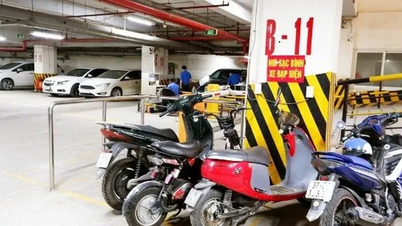

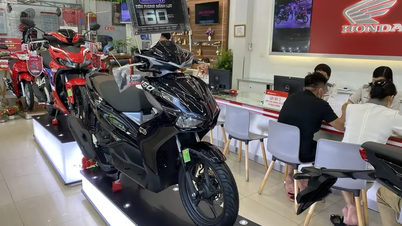

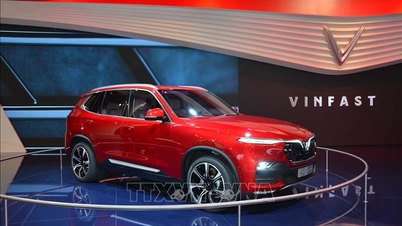


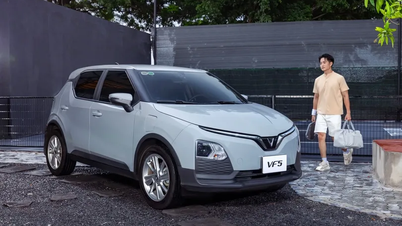
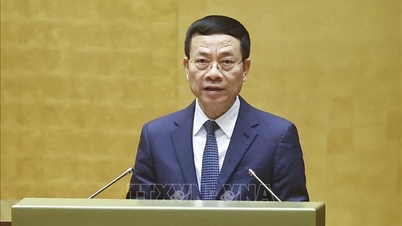






























































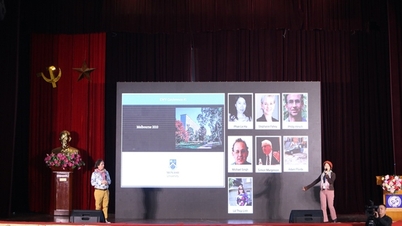




























Comment (0)